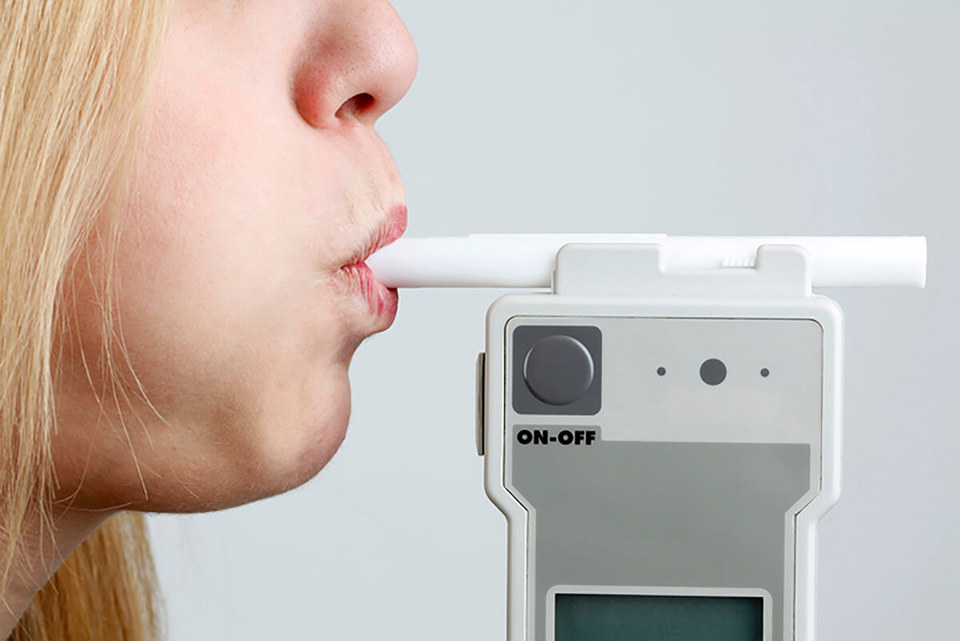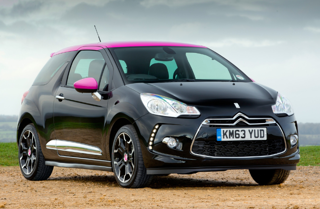Northern Ireland is proposing radical changes to the drink-drive rules, which would include a lower limit for professional drivers. Elements of the new rules could be adopted in Britain, although the Government has said that it will not be revising drink-drive limits.
The Northern Ireland environment minister Alex Atwood wants lower blood alcohol limits of 50mg/100ml for most drivers and 20mg/100ml for young or inexperienced drivers and for those who drive for a living. At present, the drink-drive limit is 80mg/100ml, the same as in Britain.
In addition, he is proposing a graduated penalty regime, including fixed penalties for first offences at lower limits; random breath testing powers which would enable police to breathalyse drivers without the need to have reasonable suspicion that the driver had taken alcohol; automatic referral of offenders to an approved drink-drive rehabilitation scheme; and the removal of the right, in certain circumstances, for a driver to ask for a blood or urine sample to replace a breath test sample.
The proposed change will go to public consultation in March 2012.
The most important issue from a fleet perspective is the phrase “those who drive for a living”.
“The definition of a ‘professional driver’ will be clarified as part of the legislative development process,” said a Northern Ireland Department of Environment (DoE) spokesman.
However, it is safe to assume that this will include anyone with a vocational licence and anyone for whom driving is a major and specified part of their job description; whether it will include those for whom motoring is a necessity, but not a core skill remains to be seen.
What is clear is that a reduction to 20mg would effectively spell a zero tolerance policy for professional drivers and would require careful management of lifestyle choices, such as drinking the night before an early shift.
Drivers would lose the right to request an alternative test, such as blood or urine, at low readings, although medical justification would still be accepted.
“The option is unique to Great Britain and Northern Ireland,” explained the DoE spokesman. “This was introduced when breath testing equipment was a reasonably new technology to boost public confidence in cases where a person was only marginally over the limit.
“Breath testing equipment has advanced and public confidence in its reliability has grown. The UK Government also plans to remove this right.”
Then there is the move to randomised breath testing, rather than testing based on evidence of incapacity.
“Random breath testing is considered good practice in dealing with drink drivers,” the spokesman added.
“Research indicates that random testing has been shown to be twice as effective as selective breath testing in detecting drivers with an illegal blood alcohol concentration.
“Highly visible random breath testing around places where alcohol is consumed acts as a deterrent and combining this with less visible checkpoints is thought to further enhance its effectiveness.”
In Northern Ireland 85 people died and 550 were seriously injured between 2006 and 2010 due to driver/rider alcohol or drugs – equating to 16% of all deaths and 11% of all serious injuries.
The Government argues that each incident caused public and personal cost throughout the community.
Roger Curry, managing director of Modern Office Supplies in Belfast, said: “We don’t breath test staff, but if someone was drinking and driving it would clearly be a disciplinary offence. We will abide by whatever limit is set.”
Ian McKeown, fleet manager at Ballymena-based McBurney Transport, which has 280 vehicles added: “With regard to professional drivers it is a good idea to bring the limit down because any alcohol in your system is detrimental to safety on the public highway.”
The Northern Irish proposals have been welcomed by road safety charities, such as Brake and the Royal Society for the Prevention of Accidents (RoSPA). But the British government has said that it will instead focus on stopping the worst offenders.
Britain lags behind...
Britain will soon be the only country within the EU with an 80mg/100ml limit for drink-driving. Italy, Ireland and Luxembourg are the most recent examples of more stringent legislation.
Road safety charities and the Northern Ireland Department for the Environment both argue that the evidence suggests driver impairment starts at a much lower level.
The EU guidance says: “At blood alcohol concentration levels between 50 and 80mg/100ml, the risk of accident involvement for drivers in general is more than twice that of a sober driver.
Most European countries have set their limits at 50mg/100ml, but an increasing number have zero-tolerance legislation, including Estonia, Romania, Slovakia, Czech Republic and Hungary. Sweden, Norway and Poland chose 20mg/100ml and Lithuania 40mg/100ml.



















Login to comment
Comments
No comments have been made yet.